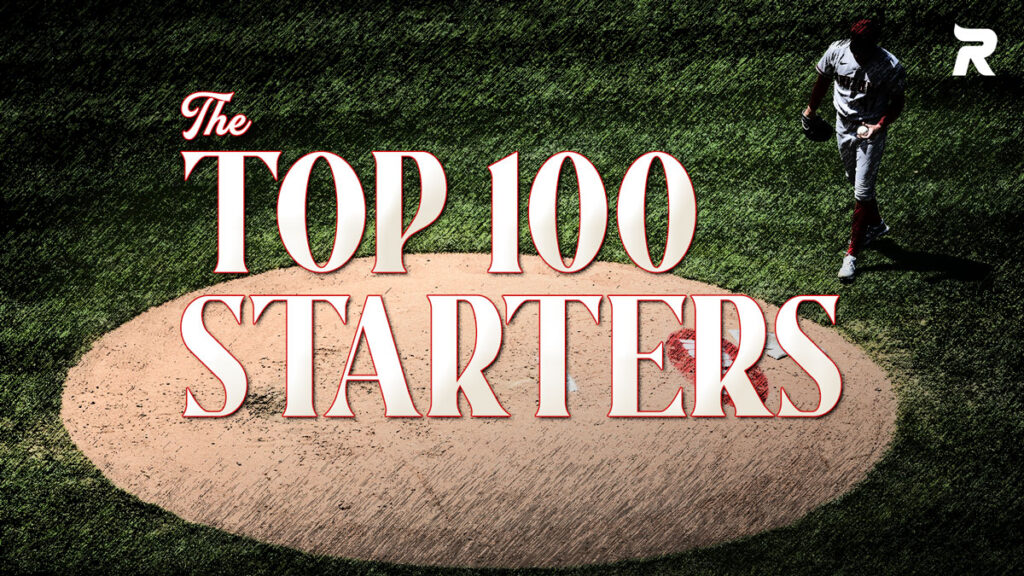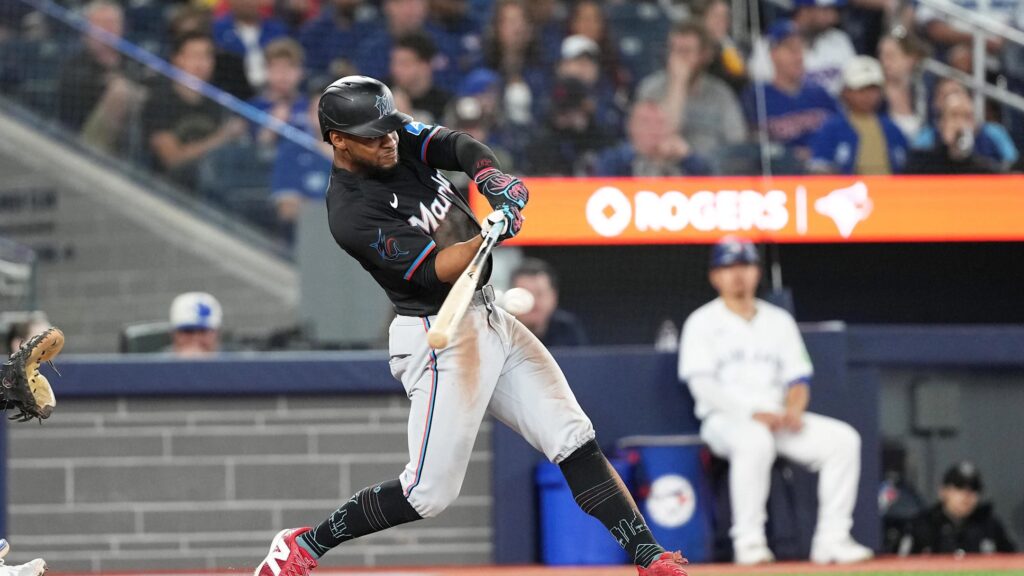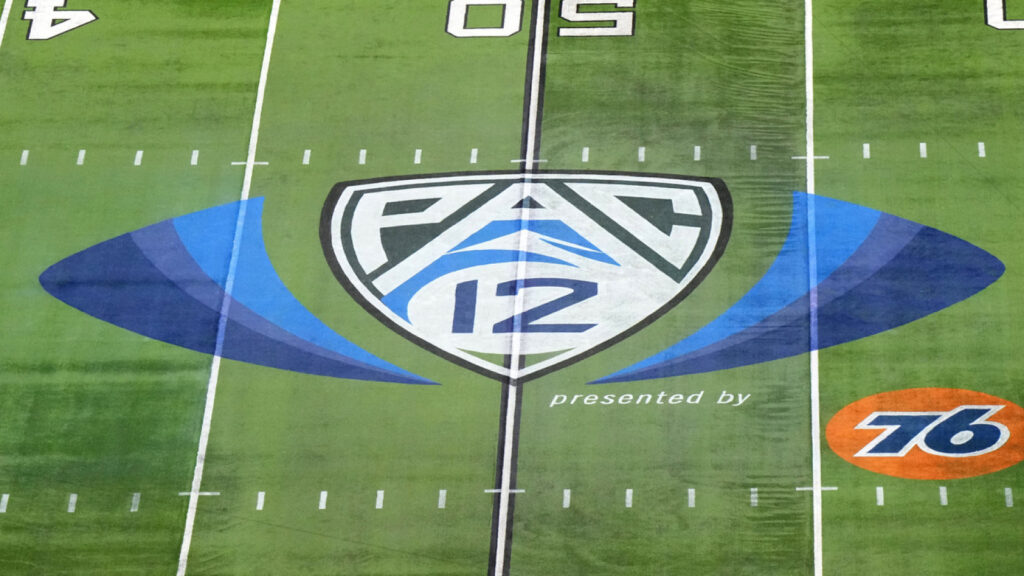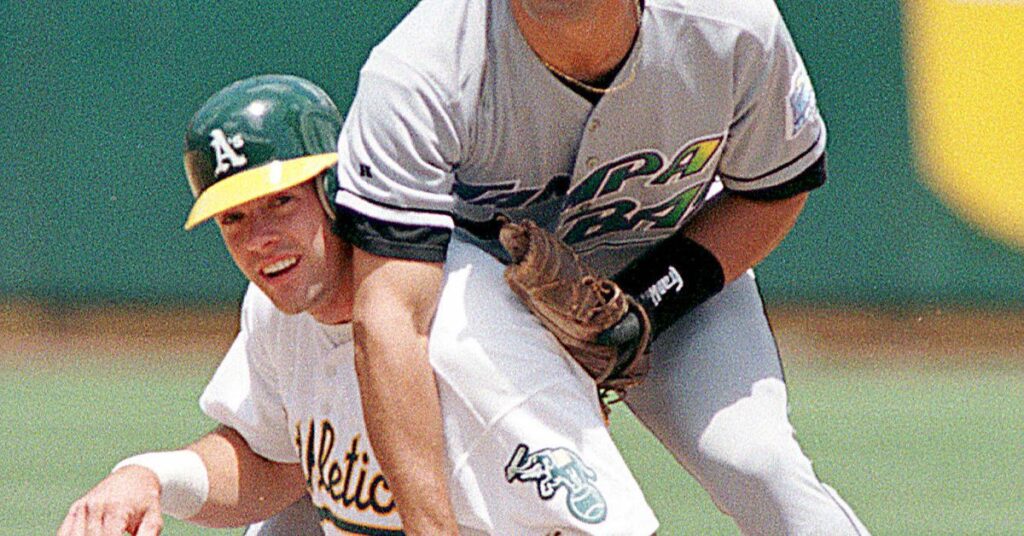CHARLOTTESVILLE, Va. — Having ceded the John Paul Jones Arena floor to the women’s team, the Virginia men’s basketball team re-assembles to continue their work on the practice court. Before it starts, an older man with gray hair who’d been watching from a folding chair earlier gathers them together for a quick chat. Dick Bennett has something to say about hard work and effort on both ends of the floor, and his son, Tony, the head coach, willingly lets him share his opinion. The players nod in agreement and resume practice.
Less than an hour later, with Dick’s message still fresh in his players’ ears, Tony imparts his own to the Cavaliers: “Get it done on defense or we’ll run,’’ he says, as he blows the whistle on a five-on-five drill. Five times — three times for the blue team, twice for the white — the Cavaliers don’t get it right. They do not commit unforgivable, gaping blown assignment mistakes. More like middling errors—- a hair late getting out to a shooter, or failing to keep within an arm’s length of their opponent. Five small mistakes. Five times on the line.
Sitting off on the sidelines watching the Cavs sprint yet again, an NBA scout, who’s been up and down and across the country watching college basketball practices, leans back in his chair and smiles. “This,’’ he says, “is like a cleansing.’’
This is also the way Tony Bennett always has done things at Virginia. The words stenciled on the wall in the practice room and repeated inside the film room — the Cavaliers’ famous pillars — are not just coachspeak mumbo jumbo. Bennett believes in humility, passion, unity, servanthood and thankfulness. He has run his program accordingly and, more importantly, unflinchingly. He recruits to those standards, holds his players accountable to those standards, and follows them himself with equal devotion. He will not, for example, embarrass a player when there are visitors at practice, but that doesn’t mean he’s going to let little things slide, either. He’s also not about to cater to his audience with some sort of high-flying acrobatics. Practice begins with rudimentary work on jump stops and protecting the ball. He has an ego like any coach, but he’s not here to steal the show. He doesn’t caterwaul or run around; he just blows his whistle for a reset as needed. He also sees no shame in letting his 79-year-old dad share a thought or two. Not because he’s pandering to the old man. Bennett believes in his dad’s message just as fundamentally as he believes in his own.
The whole thing feels almost homespun, like someone presenting a gift of a hand-stitched sampler in place of an NFT. But the world is changing and changing in real time. Players now hold, if not an upper hand, certainly an equal one. The transfer portal beckons those who feel even the slightest twinge of grievance, and the lure of NIL runs at least in contrast, if not in direct opposition, to the Virginia pillars.
After practice, Bennett sits down in his theater room and stares up at the words that serve as the very core of his program and really, as the core that settles deep within his bones. He’s asked if, as a basketball coach, his way still works. “I absolutely believe it does. I 100 percent do,’’ he says. “We will still recruit to those pillars and find guys who value things that matter.’’ But as he gathers steam with his thoughts, Bennett pauses. Because right now, this is all hypothetical. He believes it can work. He wants it to work. But will it? “Of course, you have to still be relevant,’’ he says. “And, I mean, well. I guess we’ll see.’’
For years, no one thought to even question Bennett’s methods or his relevance. Some may not have liked his way, screeching that Virginia’s pack line defense was squeezing the very life out of men’s college basketball, but even the haters respected it. How could they not? From 2013 to 2019, the Cavaliers won 178 games and lost 36, and won or shared five ACC titles. After the ultimate humiliation, becoming the first No. 1 seed to lose to a 16, they turned the ultimate 180 and won a national championship.
Since that title, Virginia has handed in diminishing returns. The Cavs lost in the first round of the 2021 NCAA Tournament as a four-seed, to Ohio, and last season failed to make the field for the first time in 2013 (Virginia did own a 23-7 record before COVID-19 ended things in 2020.). This is not exactly horrific. Plenty of schools would happily trade places with Virginia’s definition of mediocrity. But the Cavaliers’ dip has coincided with college athletics’ pivot to a very un-Virginia way of existence. Instagram deals don’t generally offer up a lot in the way of humility, and one could argue that unity has taken a bath in a portal this year overstuffed to the thousands.
As much as it’s not immune, Virginia also is not averse to it all, either. The university has its own collective — Cavalier Futures — and Bennett has dipped into the portal himself, taking Armaan Franklin from Indiana and Jayden Gardner from East Carolina in 2021, and Ben Vander Plas from Ohio this season. But dipped is the right word for both, the Cavaliers going with a calculated, purposeful and measured venture into these uncharted waters compared to the all-out belly-flop approach employed elsewhere.
Good luck to our guys this season!
?⚔️?#GoHoos pic.twitter.com/plZ66Osawu
— Virginia Men’s Basketball (@UVAMensHoops) October 18, 2022
In the NIL market, Virginia is not unlike a lot of the country’s more high-minded institutions (not a single Ivy League school has put together a collective) that, despite some very deep-pocketed alums, are careful, if not downright wary, to compromise their academic reputations. Cavalier Futures has crafted some deals, but they are comparatively small to those at other power conferences. Cavalier quarterback Brennan Armstrong, for example, has a deal with a couple of local McDonald’s franchises. Kadin Shedrick and Reece Beekman both inked deals with Blue Ridge Bank.
Yet the Cavaliers seem oddly devoid of FOMO. When Vander Plas entered the portal this spring, nearly every coach he spoke to started his recruiting pitch with NIL information. Vander Plas stopped them all cold, explaining he wasn’t interested. “It was actually kind of funny. They really didn’t know what to say,’’ he says. Some might argue that Vander Plas is a unicorn, a unique player tailor-made for Virginia. For starters, he’s an academic, and already has three degrees — a bachelor’s in communication and master’s in both sports administration and management. Plus his given name is Bennett, an homage to Dick and Tony. Vander Plas’ father, Dean, played alongside Tony and for Dick at Wisconsin-Green Bay.
Except that’s not the sum total of it. Vander Plas hadn’t spoken to Tony since he attended his basketball camp as a third-grader, and he’s not pursuing a doctoral degree or anything at Virginia, just auditing some undergrad and grad classes. He wound up in Charlottesville because, as a strong offensive player (he shot 45 percent from the floor and scored 1,500-plus points at Ohio) he wanted a school that would help him defensively, make him a more complete player, and thereby a more appealing pro prospect. “This was a basketball decision,’’ he says. “I didn’t even think about NIL.’’
But on the Cavs’ roster he’s not the exception; he’s the norm. Kihei Clark brushes off the need to pursue NIL deals, arguing that if the team wins, the offers will come. While Shedrick admits it’s nice to have a little money in his pocket, he’s not seeking out more. “It’s something I do on the side, like a hobby,’’ Shedrick says “I see all these tweets, posts on Instagram and people getting these insane deals in other bigger markets. Honestly, I don’t want to be them. I’m perfectly fine here. It’s calm.’’
Bennett believes wholeheartedly there’s more of those players than people think, and he is intent on finding them. “Each young man has to decide what the most important thing to him is when he chooses a school,’’ Bennett says. “If it is absolutely where can I get the most money for NIL, that’s their decision and I don’t blame them. But probably that’s not our guy.’’
Where he is a little bit more willing to bend is with the portal. Figuring out how to use it is the easy part. Bennett, like a lot of coaches, has strategically targeted players that fill a hole and can play immediately. Stopping players from going into the portal, that’s the real bear, and not just for Virginia. Some coaches are purposely limiting their roster size so that no one sits at the end of the bench disgruntled. Others are thinking twice about overseas trips, lest a player sees that the season’s writing on the wall doesn’t spell his name in bright lights.
It’s especially tricky, though, at places like Virginia. The style of play long has weeded some people out — in Bennett’s tenure, just six top 50 recruits have come to Charlottesville — which means the program has pivoted to player development. Not a single freshman has made an All-ACC team under Bennett, yet the Cavaliers have produced four first-round NBA Draft picks and this year placed nine alums on NBA opening-day rosters. But nobody wants to wait their turn anymore, not when the portal allows for instant gratification and more critically, instant playing time.
Virginia has lost four players in their last three recruiting classes — Igor Milicic (Charlotte), Jabri Abdur-Rahim (Georgia), Casey Morsell (NC State) and Justin McKoy (North Carolina). At 15 minutes per game, Morsell ranked as the most active on-court player, and all sought more time, and in some cases, more offense.
Curious himself about the temptation to transfer, Bennett posed the question to a handful of his ex-players, guys who have gone on to successful professional careers but who bided their time at Virginia. Would you, he asked, have stuck it out if an immediate transfer was available? To a man, they all agreed immediately that staying was the best thing for them, that they needed the time to develop and that they were better for gutting through, rather than hightailing it for something easier. “But half of them said, ‘I know I wouldn’t be where I am without the struggle but if it was the current climate, I don’t know if I could have not listened to the voices around me,’’ Bennett says. “Think about that. Man, these are some of our key guys. That’s the reality of the present day.’’
Bennett considers his current roster. He has four freshmen who rank as the best crop of first-years to come to Virginia since Kyle Guy, Ty Jerome, Jay Huff and Deandre Hunter in 2016. With a deep team, including all five starters back, they’ll have to fight their way on the court, but they also need time to figure out how to play the way Bennett wants them to. Once Bennett would consider a four-year plan, the same that allowed Malcolm Brogdon to grow from a one-game starter as a freshman into a unanimous first-team All-American as a senior.
Now he concedes he might have to squish his own timeline — to a degree. During a recent practice, freshman Ryan Dunn, a four-star guard, got an earful from Francisco Caffaro for failing to hustle back on defense after missing a shot — the lack of defense far more offensive at a Virginia practice than the missed shot. Visibly frustrated, Dunn stalked around on the outskirts of the huddle until Clark came over and talked to him, diffusing the situation.
With potentially as many as six guys able to leave the program after this year, Bennett knows he has to keep Dunn and company happy, but not at the expense of the program he’s built. “We always say we want to get guys and grow ‘em up and get them to their third or fourth year,’’ he says. “Well, maybe it’s in two-year increments now. But it has to be two years. This isn’t a program where every year you bring in a whole new wave, or push guys out.’’
Clark is the extreme, even by Virginia standards. He has been on campus so long, he and Bennett operate on the same kinetic wavelength. Watching the defense work at the top of the key, the two stood side-by-side, bent at the waist, hands on their knees, practically mirror images of one another. Later, Clark walks over to say something to Bennett and is cut off, the latter saying what’s on the former’s mind before he can even start the sentence. “We kind of know what each other is going to say,’’ Clark says with a chuckle.
Clark is the eldest of the Virginia statesmen, but this team is downright wizened even in a season when, thanks to COVID extra years, the entire sport is aged. Gardner and Vander Plas are also fifth-year seniors, and Franklin, Caffaro and Chase Coleman are in their fourth. There are two ways to look at old, of course — the glass half-full version that this is a team that knows what to do and how to play, or the glass half-empty take which questions why the same group that failed to reach Virginia’s standards last year should be expected to reach the bar this season.
Kihei Clark, left, has seen Virginia win a national championship. He’s now trying to get UVA back to the tournament. (Jamie Rhodes / USA Today)
For what it’s worth KenPom.com has the Cavaliers a surprising fifth in his preseason rankings, the biggest divergence from the Associated Press top 25 opening rankings. He even boldly predicts that they, not preseason No. 1 North Carolina or Duke’s bumper crop of freshmen, will win the ACC. That’s about experience versus age, and most of all, talent.
NIL opportunities, the portal, etc … none of it masks the simple truth of sports: The best players generally win. Read from the players’ perspective, the portal exodus in Virginia’s previous classes equated to a search for new opportunity. Read from the less rose-colored version of the program’s point of view, they were Virginia misses, not good enough to challenge for serious playing time.
Practice, players say, is different now. There’s better team chemistry. A summer trip to Italy helped, the players bonding over sightseeing and soccer games. But it really comes back to the ability of said players. Virginia is not just old; the Cavaliers are experienced. As transfers a year ago, Franklin and Gardner were old biologically but young Cavaliers. As a little-used player, Cafarro’s input lacked the gravitas it now carries after 16 starts. At the start of last season, Shedrick was unproven, coming off a redshirt year to help bulk up his beanpole body. Now after a steady diet of protein and weights, he’s a legit presence that averaged 6.9 points, 5.1 boards and 1.9 blocks.
But the chemistry also grows from the high-spirited energy and competition in practice. The freshmen are good, and even more, good enough. “I’m really high on these four new guys,’’ Clark says. “They don’t mind if I get on them. I’m just trying to get them to learn, right? And they appreciate that.’’ After Dunn calmed down, he went down and scored on a baseline drive to win that six-minute drill for his team. (Bennett claimed to have called a timeout prior to the shot, but the managers amusingly went to video, pulling it up from their courtside iPads. They insisted it counted; Bennett said it didn’t. He won.)
Like most everyone else in college basketball, Bennett was stunned when Jay Wright announced his retirement. He, like others, wondered if the new way of doing things chased the Villanova coach out prematurely. He understands how it could. Virginia is built a lot like Villanova and while some coaches are happy chameleons, neither Wright nor Bennett is terribly interested in recreating how they do things.
Some might say that’s stubbornness, particularly about Bennett and his style of play. He, however, prefers to think of it as principled. “The easiest thing to do in our profession,’’ he says, “is to sell false hope and empty promises.’’ Recruits very often want what he can’t — or won’t — give. They want a guarantee — of playing time, shots, starts, whatever it is that they think will solidify their futures. He refuses.
Instead, he tells them to think with their eyes, not their ears, to avoid listening for what they want to hear but instead look for where they want to go. Does the program say you’ll help them win, or has it actually won? Does it preach player development, or does it have the goods to show for it — ex-players who have grown into NBA regulars, for example?
Yet he asks the same of himself as well — for honest, unvarnished introspection. “Can I do it the way I want to do it?” he says. “Don’t get me wrong — with adjustments. We have a collective. I’ll consider transfers. But can I pursue excellence and enjoy it? Can I pour what I want to pour into the lives of these young men, and do it in the manner I think it should be done?”
For now, at least, the answer is yes.
(Top photo: Rich Graessle / Icon Sportswire via Getty Images)






